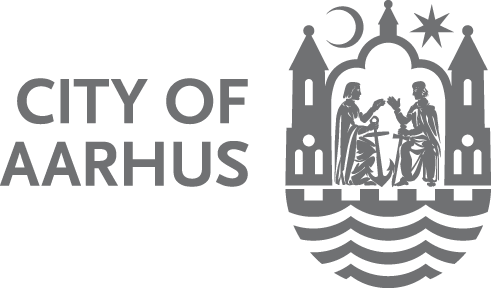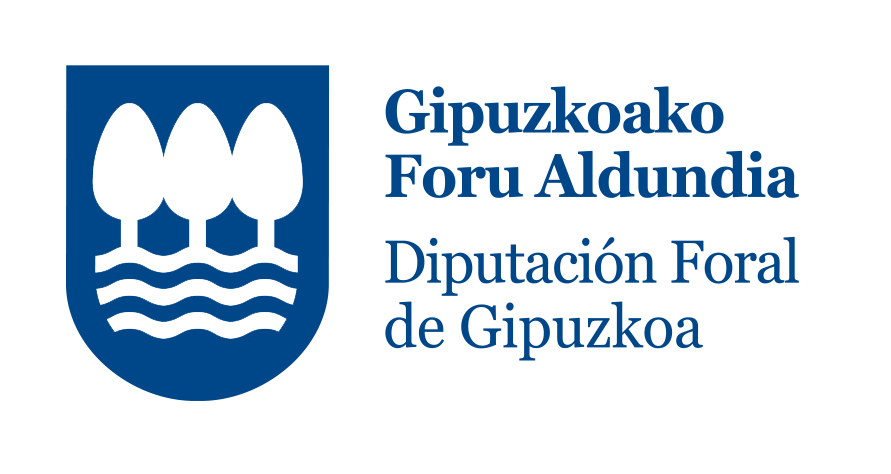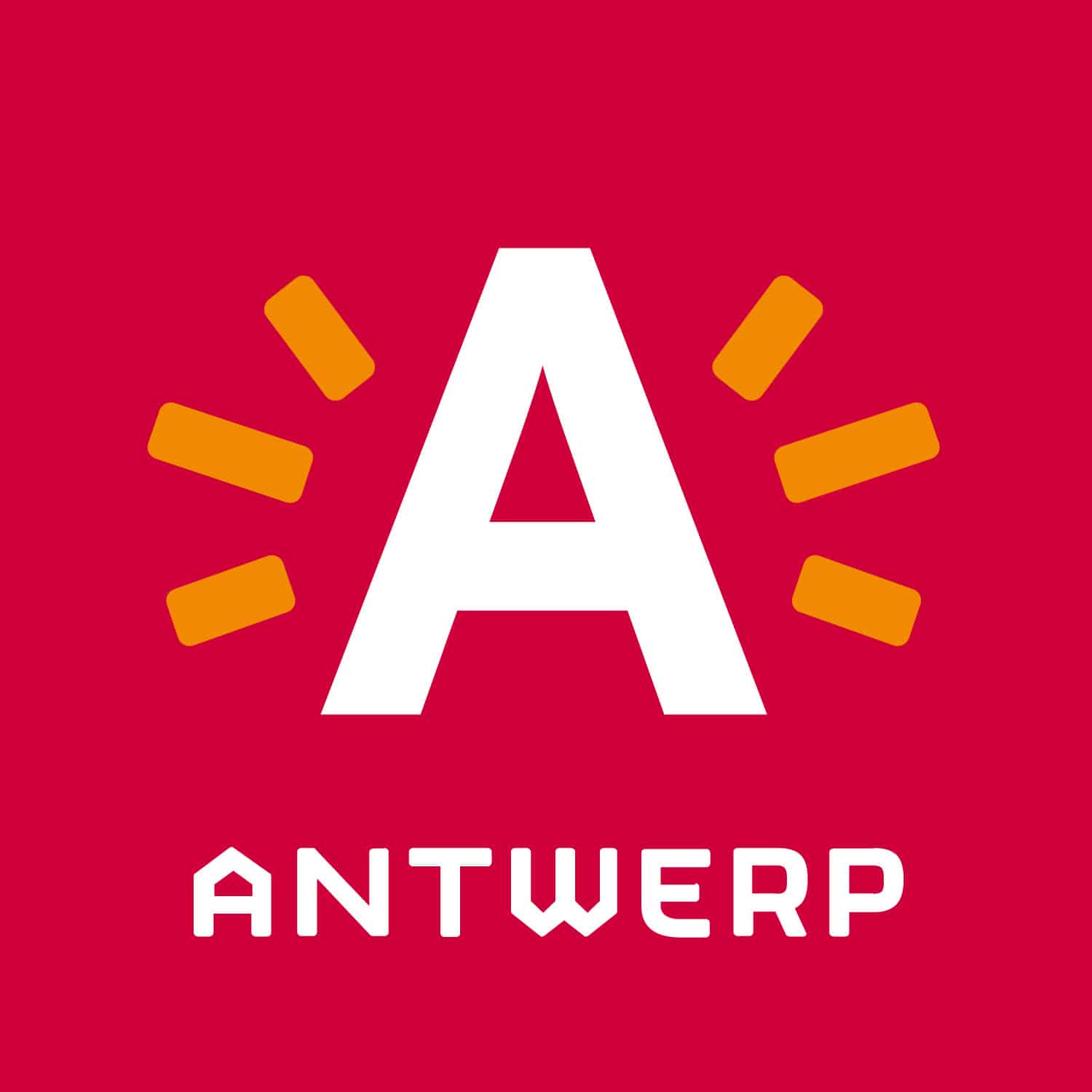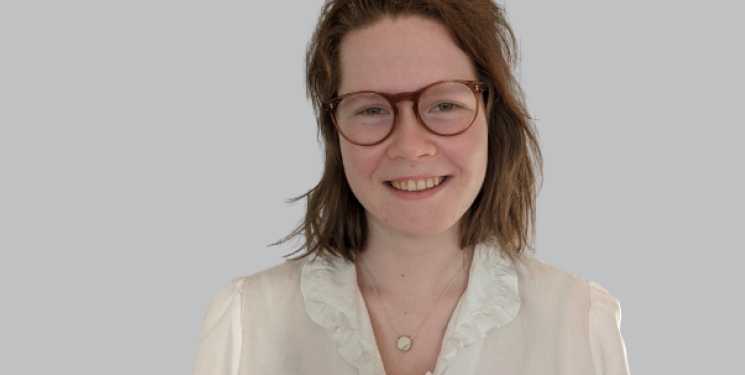As Europe works to build a more inclusive, sustainable and resilient society, it will be essential to strengthen services systems that can support this vision and improve the wellbeing of citizens.
At the 2026 European Social Services Conference (ESSC), we aim to take stock and reflect on the current state of social services throughout Europe, paving the way towards a fairer, more inclusive future for all. Under the theme ‘Building Bridges – International Insights into Social Services,’ ESSC 2026 will highlight initiatives that connect people with social services systems, overcoming fragmentation to foster integrated and dignified care. From family and child welfare to long-term care, digital transformation, and social inclusion, the aim is to exchange ideas that help Europe’s communities thrive through cooperation across borders.
The European Social Network (ESN) invites policymakers, practitioners, and researchers to explore how collaboration between sectors, professions, and countries can strengthen the design, financing, and delivery of social services. ‘Bridging boundaries’ is not just about connecting institutions, it is about linking people, ideas, and communities. It means looking beyond our own local context to learn from international best practice examples and breaking down silos between European or national policy and local practice.
This year’s Conference, entitled ‘Where Care Meets Tech’, showcased several innovative examples of this approach in action. Three initiatives from Denmark, Spain, and Belgium, provided a glimpse into how local innovation might inform 2026’s key topic areas and inspire new collaborations across Europe.
‘Welcome, You Came to the Right Place!’: ensuring family support in Aarhus, Denmark

Delegates at this year’s ESSC explored a groundbreaking initiative that reimagines how cities can deliver family-focused child and youth welfare. The Aarhus programme, ‘Welcome, You Came to the Right Place!’, moves beyond traditional case management by embedding prevention, early intervention and relational welfare into the city’s social services.
Through a coordinated partnership between education, health, and social care departments, Aarhus ensures that families are active co-creators in shaping their support plans. This multi-agency cooperation builds trust and flexibility, allowing professionals to respond to family strengths rather than deficits.
The Aarhus model reflects the spirit of one of this year’s topic area, ‘comparative models of child protection and family support,’ by offering an inspiring example of how municipalities can move from reactive interventions to integrated, community-based, and family-centred care.
Local Care Ecosystems in Gipuzkoa, Spain: transforming integrated long-term support

In Spain’s Basque Autonomous Community, the Local Care Ecosystems (LCEs) developed by the Gipuzkoa County Council stand out as a leading model of integrated, person-centred long-term care. Presented at ESSC 2025, this initiative brings together health, social, and community services to support older adults and people with disabilities within their local communities.
Through personalised care itineraries and digital tools, professionals collaborate across organisational boundaries to ensure continuity, autonomy, and dignity in care. Governance structures at the municipal level promote local ownership, while connections between data systems support efficient coordination.
This approach aligns directly with another of 2026’s topic areas, ‘innovative long-term care services and support for people with disabilities and older adults’, demonstrating how community-based ecosystems and technology-enabled cooperation can transform long-term care from fragmented delivery into a coherent system.
‘Mijn Sociaal Dossier’ in Antwerp, Belgium: propelling inclusive digital transformation

The City of Antwerp’s ‘Mijn Sociaal Dossier’ project embodies a true human centred approach to the social services digital transformation. Showcased at 2025’s conference, the platform integrates multiple social services and administrative systems into one accessible, secure interface. This enables citizens to view their case information, communicate with social workers, and manage appointments online.
What makes the model exceptional is its commitment to digital inclusion. Vulnerable citizens are supported by digital inclusion coaches who help them navigate the system, ensuring no one is left behind. The project combines efficiency and empathy, reducing bureaucratic burdens for professionals while empowering service users.
In line with another of next year’s topic areas, ‘digital transformation and interoperable service delivery models’, Antwerp’s example demonstrates how technology can be a bridge rather than a barrier, enhancing accessibility, coordination, and trust between citizens and public institutions.
Bridging boundaries through shared learning
Aarhus’ innovation around relational family support, Gipuzkoa’s work on integrated care ecosystems, and Antwerp’s push for a digital inclusion strategy are prime examples from ESSC 2025 that provide inspiration as we prepare for next year’s conference.
If your organisation is building connections between family and community care, between technology and autonomy, or between research and frontline delivery, we invite you to share your story and your successes. Together, we can learn from each other to bridge boundaries and create a more connected and compassionate Europe.
To find out more about how to submit an application to showcase and share your achievements at ESSC 2026 visit the conference website.


